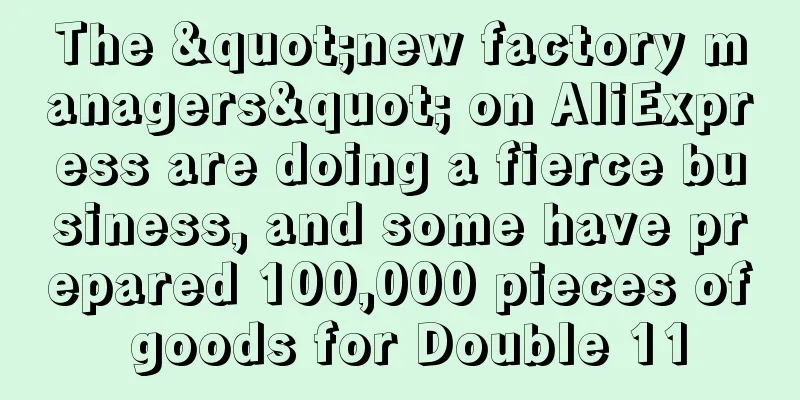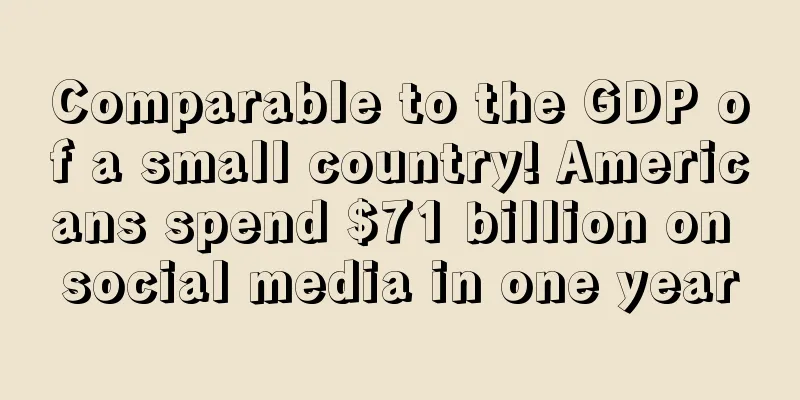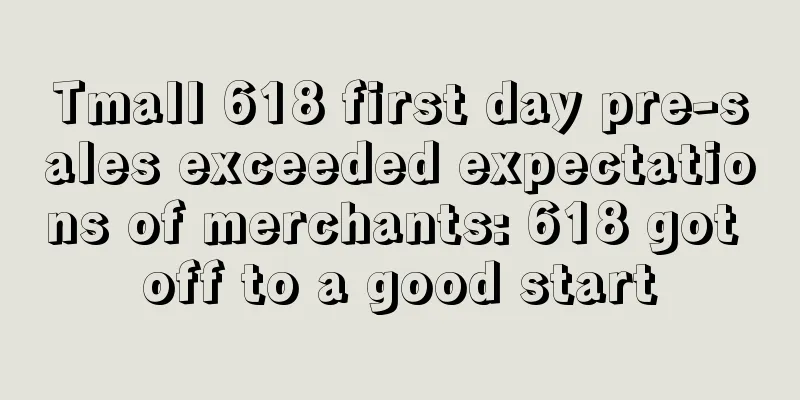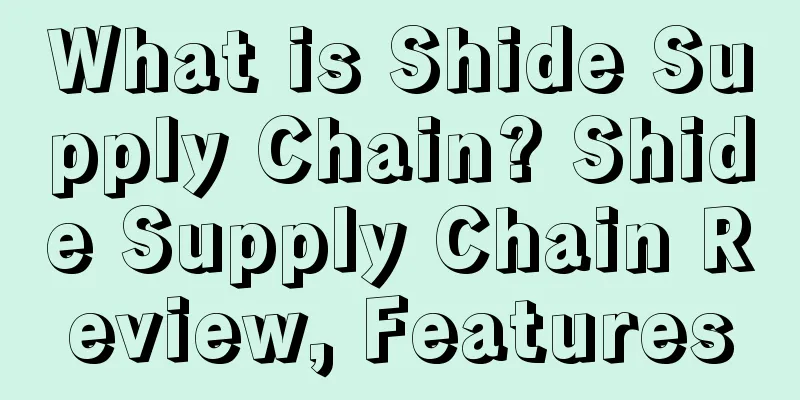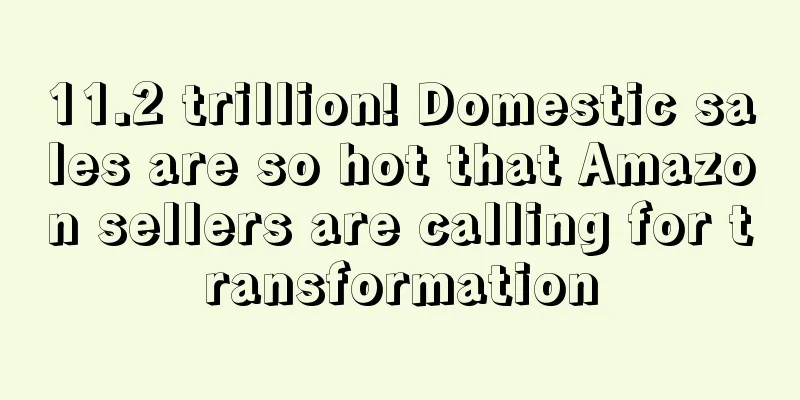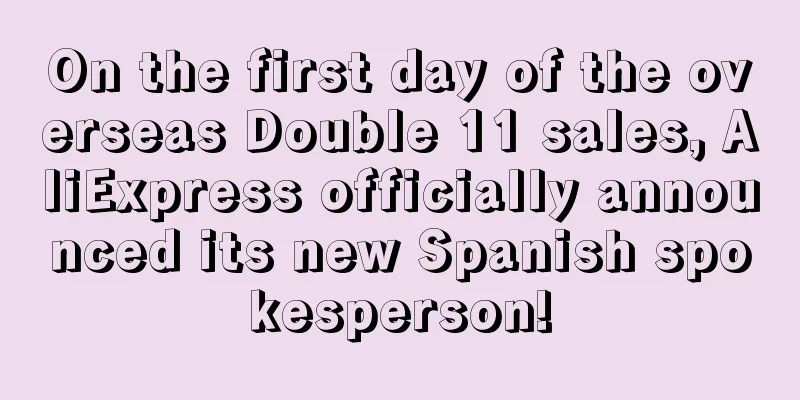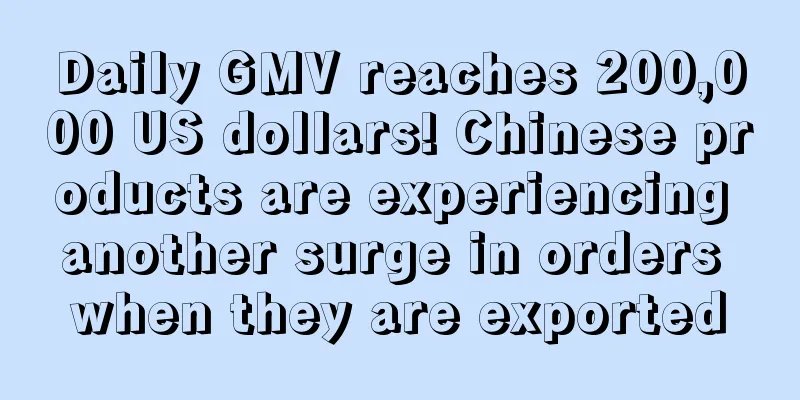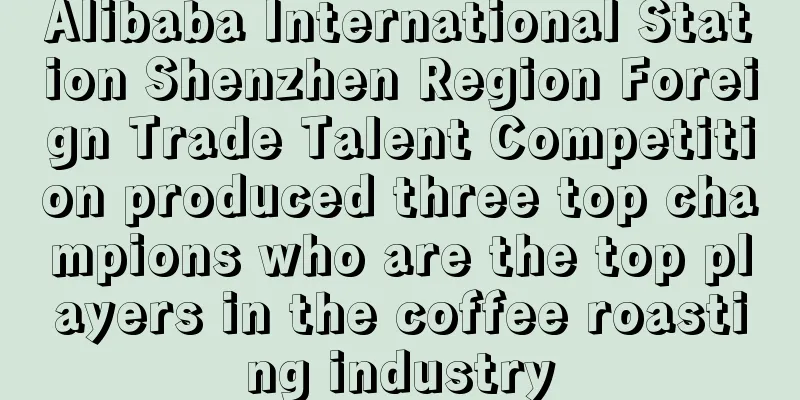Sellers are resisting price gouging in the US, which will result in a $15,000 fine
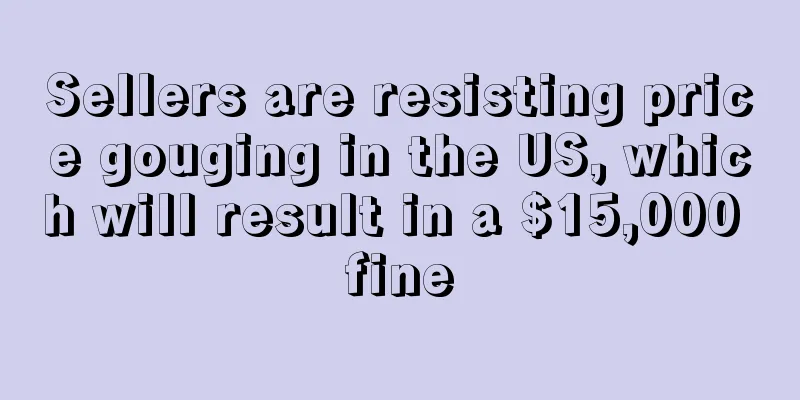
|
The retailer said in its civil rights class-action lawsuit that it is suing for "establishing and maintaining an unlawful and unconstitutional penalty enforcement program, abusing emergency powers, and other actions that improperly assessed fines against businesses . " The complaint says the actions violate New York state and federal law.
The complaint said that the maximum fine under the law was originally $ 3,000 , but recent cases have seen fines as high as $ 15,000 .
City regulators said it failed to state the price before the inspection, the added costs to the sellers themselves or whether the goods could actually be purchased .
It was also pointed out that although the policy was intended to prevent price gouging during the epidemic , the arbitrary increase in fines was unacceptable to sellers.
The lawsuit also states: "Defendants' conduct , actions, and policies are willful in that they violate the federal and state constitutions, Plaintiffs' and Class Members' due process rights, and rights not to be subject to excessive penalties. "
Interestingly, however, the lawsuit also alleges that regulators unfairly use online prices as evidence of price gouging by city retailers:
“ Decisions are made based on big data, with computer printouts of online products used as evidence. Even though all products can be clearly shown as ‘ unavailable’ or ‘out of stock’, it is considered to be a means of price gouging. ”
Among other things, Defendants have compiled the selling prices of these covered merchandise from online vendors and large national store chains, most, if not all, of which are out of stock, and established guidelines for acceptable prices .
These guidelines were not released or provided to Union Square or any other similar participants before the issuance of subpoenas. Instead, they were revealed at sworn hearings in a legal ambush.
It is possible that some innocent sellers were implicated and punished, but during the epidemic, many online retailers used the method of pretending to be out of stock to drive up prices. The government proposed such penalties to protect consumers and maintain market order, but the fine amount soared from US$3,000 to US$15,000, and the increase was uncertain, so it is understandable that it caused dissatisfaction.
At present, the case has not been formally accepted, and the government has not responded to the incident. However, sellers need to be careful not to play tricks during the sales process and arbitrarily raise prices to avoid getting into trouble . USA Seller fine Price gouging |
<<: Walmart loses! Amazon becomes the largest apparel market in the United States
Recommend
Amazon sellers fight against "low price spiral" and end up in lawsuit!
The U.S. Department of Justice has charged three ...
Ten-year-old company closes down! Another cross-border company announces liquidation
This week, a cross-border e-commerce company that...
E-commerce latecomers try to differentiate themselves through specialized business models
As the dominance of the top three players in Sout...
eBay Korea promotion achieved outstanding results, home appliances became the sales "dark horse"!
According to foreign media reports, to celebrate ...
With 9.2 million visitors last month, Temu is now Australia's eighth largest online retailer
It is reported that Temu officially launched its ...
After more than a year of going overseas, Shenzhen sellers have achieved annual sales of over 100 million yuan
Most of the popular overseas brands in recent yea...
Vietnam's e-commerce is booming, with 83% of best-selling products coming from abroad!
Affected by the epidemic, Vietnamese people's...
What is Next2Market? Next2Market Review, Features
Next2Market is committed to designing and buildin...
What is Leesa? Leesa Review, Features
Founded in 2014, Leesa is a luxury mattress e-com...
With quarterly GMV reaching US$1 billion, fitness platform Peloton is experiencing a new trend
The epidemic has affected many industries, and th...
The most popular styles of clothing for Southeast Asian women in 2022
Women's clothing has always been a popular ca...
Online shopping data in Portugal increased by 46% year-on-year, and local platforms are ready to take off
In 2020, Portugal moved up two places to 40th pla...
Wickes sales surge as Brits embrace DIY during lockdown
Foreign media reported that Wicks' sales incr...
What is Sidley International Mexico Logistics? Sidley International Mexico Logistics Review, Features
Shengde International Mexico Logistics is a bench...
What is BluePay? BluePay Review, Features
BluePay is an Internet company dedicated to chang...

